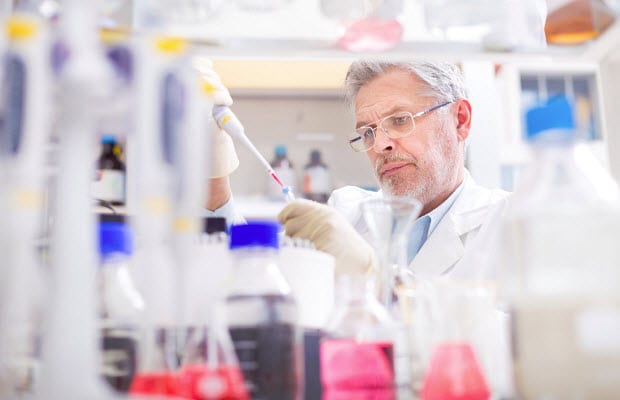Researchers team to improve hydrogen fuel cells
August 10, 2016Researchers will work to develop new technology that will make fuel cells more capable
At a time when hydrogen fuel cells are beginning to establish a foothold in transportation, researchers from the Vanderbilt University, Nissan North America, and the Georgia Institute of Technology have come together to make fuel cells more capable. The researchers hope to improve fuel cell technology, making these energy systems more efficient, less expensive, and more powerful. This endeavor is part of a larger $13 million program from the Department of Energy that is focused on hydrogen fuel cells.
Nanofiber will help make fuel cells more efficient and less expensive
Together, the researchers seek to develop a new nanofiber that is based on technology developed by Peter Pintauro of Vanderbilt University. This nanofiber is meant to replace the conventional electrodes that are commonly used in hydrogen fuel cells. Researchers believe that these nanofibers will increase fuel cell performance by 30% while also bringing down the cost of these energy systems. The nanofibers will also make fuel cells more durable, increasing their attractiveness in various sectors, especially for industrial applications.
Fuel cells have only recently begun attracting more attention
 Hydrogen fuel cells are not a new technology. Fuel cells first appeared in 1839, but saw little to no application until the 1960’s when NASA began using them to power spacecraft. Since then, these energy systems have seen much use in industrial sectors, but recently have begun moving into the transportation and residential spaces. While notoriously expensive due to their use of platinum, hydrogen fuel cells have rapidly established themselves as very attractive energy systems for those interested in clean power. They have also become the subject of interest among researchers that want to improve the technology.
Hydrogen fuel cells are not a new technology. Fuel cells first appeared in 1839, but saw little to no application until the 1960’s when NASA began using them to power spacecraft. Since then, these energy systems have seen much use in industrial sectors, but recently have begun moving into the transportation and residential spaces. While notoriously expensive due to their use of platinum, hydrogen fuel cells have rapidly established themselves as very attractive energy systems for those interested in clean power. They have also become the subject of interest among researchers that want to improve the technology.
New catalyst particles to combine with nanofibers to improve fuel cell technology
Researchers from the Georgia Institute of Technology will also be focusing on creating octagonal catalyst particles, which they believe are more effective at facilitating the chemical processes within a hydrogen fuel cell. The ultimate goal is to combine both the nanofibers and the new catalyst particles within a fuel cell, making a much more efficient and less expensive energy system.

 With over 15 years of reporting hydrogen news, we are your premier source for the latest updates and insights in hydrogen and renewable energy.
With over 15 years of reporting hydrogen news, we are your premier source for the latest updates and insights in hydrogen and renewable energy.